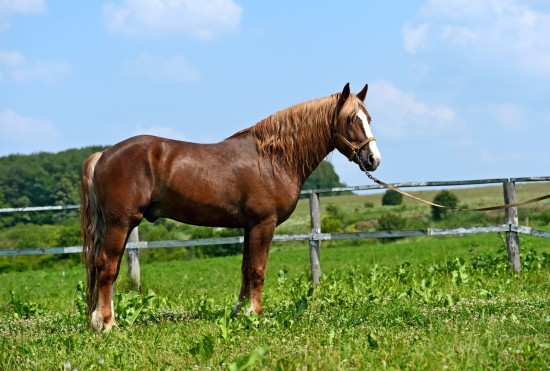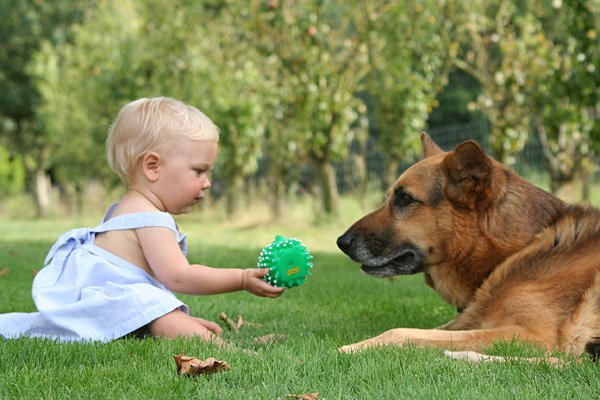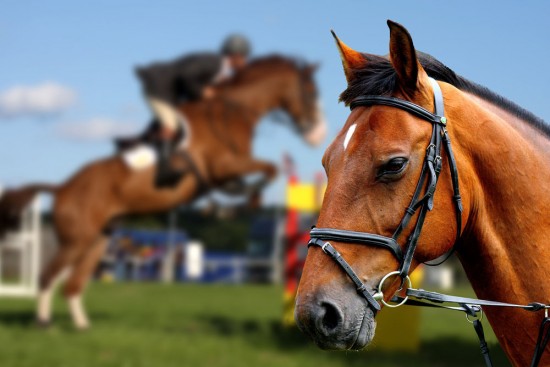
If your lifestyle is fast and busy, a small dog breed, also known as a toy dog or a lap dog, might be the perfect dog for you. These dogs are usually easy to care for and need little maintenance. Getting one of these dogs as a pet will not only help you minimize stress, it’s also a nice feeling to come home to a happy dog waiting for you at the door.
Here are some care tips for smaller dogs.
Feeding
Smaller dog breeds are easy to overfeed. This can lead to health issues and overweight dog. Also, you’ll be using more food and might end up wasting it. Feed your small dog as much as it only needs. Consult your vet about it or check the back of the dog food pack for specific serving sizes for your dog’s size. You should also feed it the appropriate type of dog food. Most dog food brands have a specific line for smaller dog, containing just the right amount of nutrients so that dog does not experience growth spurts or health issues.
Exercise
The smaller the dog, the smaller amount of exercise they need. They might seem hyperactive most of the time, but they do get tired easily. Over-exercising can cause stress and fatigue, so make sure you give them just the right amount of daily physical activities. Under-exercise is also a common problem. Too little exercise can cause muscle, bone and nerve problems, such as degenerative myelopathy¸ to develop. If you can’t take your dog out for a walk, then do some activities at home.
Grooming
A common factor with lap dogs that people love is their long fur. Small dog breeds that have longer coats are more popular compared to ones that have short coats. Long and short coated dogs have different grooming needs, but you basically want to brush their coats daily, give them a bath once or twice a month, and you need to use anti tick and flea soap or shampoo.
Health
In general, smaller dogs live longer compared to large breeds. Most small dog breeds can live up to 17 years. They are also less prone to nerve illnesses like degenerative myelopathy, but they are prone to hypoglycemia, hip, joint, heart and respiratory system problems. Regular visits to the vet are important to maintain good health and detect any possible health issues.
 How To Determine If Your Horse Is In Pain
How To Determine
How To Determine If Your Horse Is In Pain
How To Determine
 Advantage of Selecting the Right Dog Boarding Service for Your Pet
Advantage of Selecting the Right Dog Boarding Service for
Advantage of Selecting the Right Dog Boarding Service for Your Pet
Advantage of Selecting the Right Dog Boarding Service for
 5 Common Health Issues In Cats You Can Help Prevent
5 Common Health I
5 Common Health Issues In Cats You Can Help Prevent
5 Common Health I
 Show Jumping
Show Jumping
Show Jumping
Show Jumping
 Miniature Pinscher Hereditary Health And Health Testing
Miniature Pinsche
Miniature Pinscher Hereditary Health And Health Testing
Miniature Pinsche
Copyright © 2005-2016 Pet Information All Rights Reserved
Contact us: www162date@outlook.com